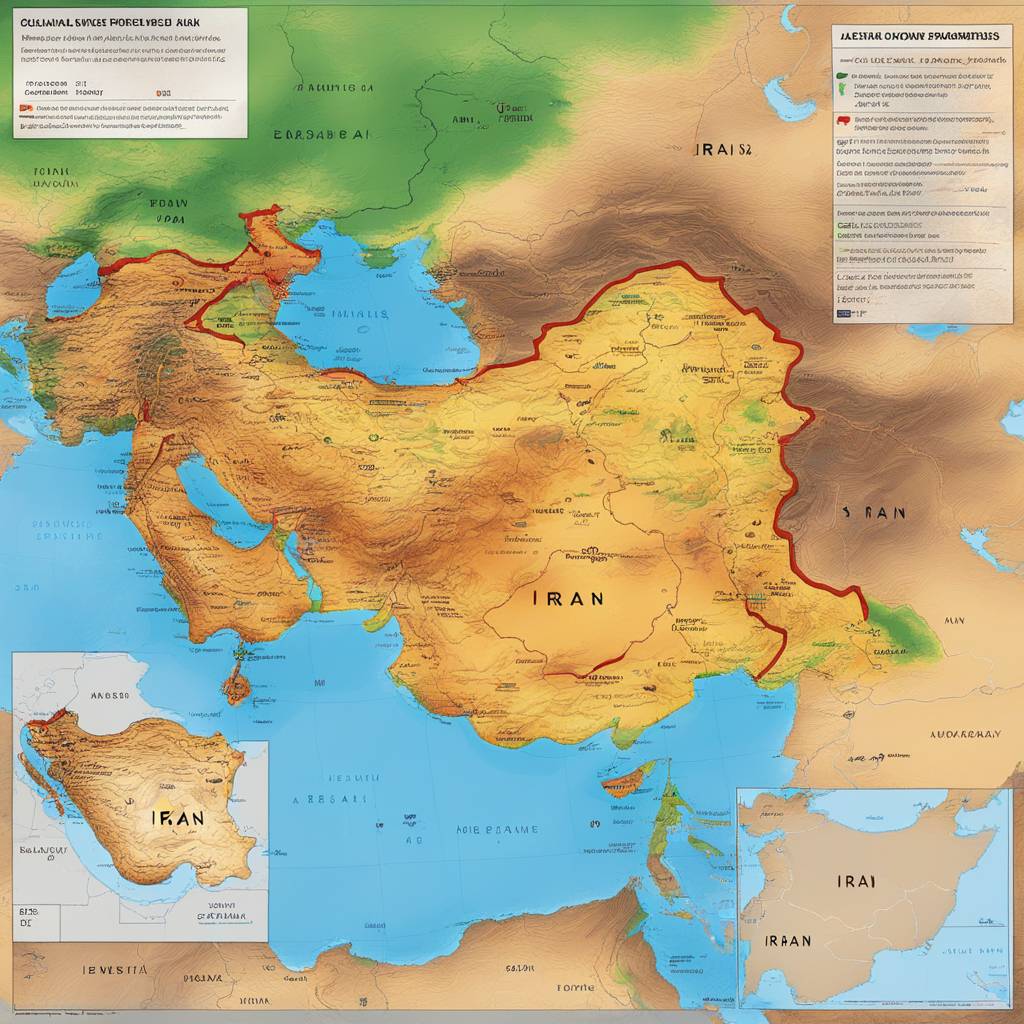Iran is likely to respond indirectly against Israel after a senior IRGC commander was reportedly killed in an Israeli airstrike on the Iranian embassy in Damascus, according to experts. The Iranians may target Israelis overseas or utilize their proxies such as Hezbollah, the Houthis, and Iraqi and Syrian militias to strike at Israeli targets. Israel has increased strikes on Iranian-backed targets in Syria since Hamas’ attack on Israel in October, signaling a shift in its approach to dealing with Iran.
Yigal Carmon, a former adviser to Israeli prime ministers on countering terrorism, stated that Israel’s escalation against Iran in targeting an official Iranian government building in Damascus was meant to show Iran that Israel is prepared for direct confrontation. The strike was intended to deter Iran and signal that Israel will not tolerate the proxy game typically played by Iran. Carmon believes that Iran will continue to respond by using proxies rather than engage in direct conflict with Israel at this time.
Casey Babb, an expert on the region, noted that the Israeli strike on the Iranian consulate dealt Iran a significant blow and disrupted the IRGC’s ability to plan and carry out attacks. He suggested that the strike would make Iranian leadership and their proxies feel vulnerable and question their strategy. Babb emphasized that the reach of Israel’s military is extensive, sending a message to its enemies that no one is safe from potential attacks.
The United States expressed concern over the reported Israeli strike, with the State Department cautioning that it could escalate conflict in the region. Iran has vowed a swift and harsh response to the attack, according to reports. However, experts believe that Iran is unlikely to mount a significant response to avoid a full-scale war with Israel. Iran and its proxies, including Hezbollah, are aware that engaging in a direct military confrontation with Israel could result in their ruin, so they may choose to respond in a more calculated manner.
Joe Truzman, a research analyst at the Foundation for Defense of Democracies, warned that the attack on high-ranking IRGC officers and the Iranian consulate in Damascus may signal a shift in the conflict between Iran and Israel towards a potentially more dangerous phase. He noted that Iran has typically avoided direct conflict with Israel and used proxies to carry out attacks. However, the targeted strike on Iranian officers could prompt a more forceful response from Iran, indicating a possible escalation in tensions between the two countries.
Overall, the recent Israeli strike on the Iranian consulate in Damascus has raised concerns about a potential escalation in conflict between Iran and Israel. While Iran has traditionally relied on proxies to carry out attacks, the targeted strike on Iranian officers may prompt a more direct and forceful response from Iran. Experts caution that this incident could mark a new and potentially more dangerous phase in the conflict between the two countries, with the risk of increased tensions and the possibility of a full-scale military confrontation looming.


